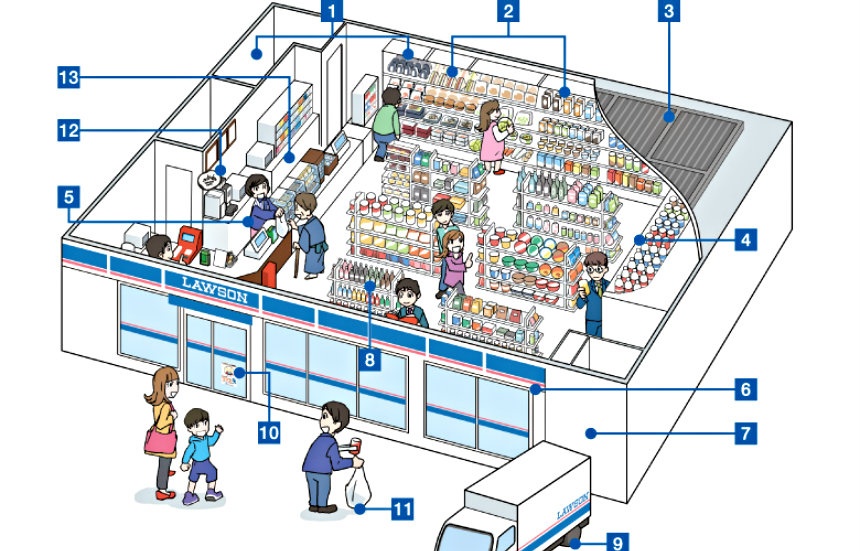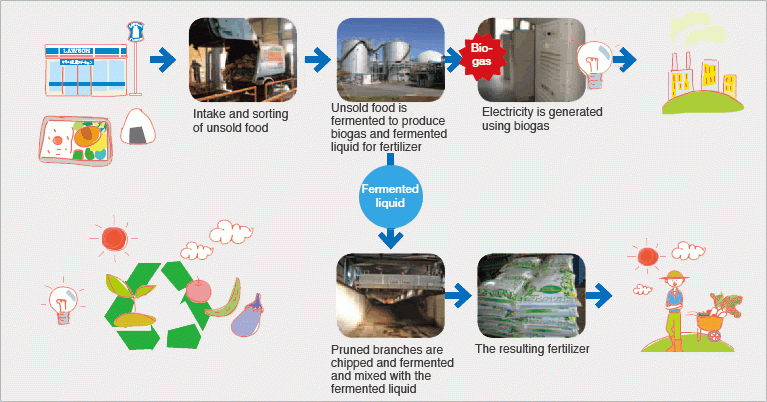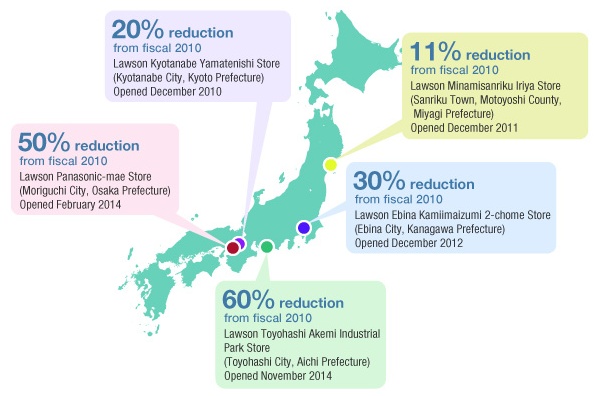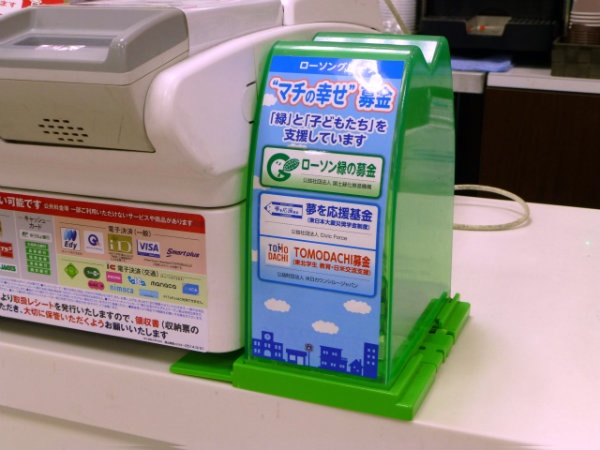Lawson's Top 3 CSR Activities
It's no surprise convenience stores are popular in Japan: they offer round-the-clock convenience and a range of quality products that cater to all sorts of in-the-moment needs. But there's more to meeting needs than commerce, and beyond its retail efforts, Lawson is also working to reduce its carbon footprint and support its local communities.
By Lawson Station3. Waste Reduction
Lawson has an in-depth understanding of customer preferences and other external factors that may influence customer demand, such as weather patterns and regional events. Such sales and purchasing data allows Lawson to accurately forecast stock requirements, manage inventory and minimize waste during the manufacturing process, meaning less throw-away of unpurchased products.
Further, Lawson collaborates with oil and food recycling companies to convert waste food and oil into valuable products such as livestock feed, compost, livestock feed additive, biodiesel fuel for public buses and additive-free soap. The Lawson Group Environmental Policy actually specifically states that Lawson is committed to the creation of a low-carbon society, and the chain aims to increase its food recycling ratio by 2 percent annually while also reducing CO2 emissions from packaging incineration.
2. Energy Saving
Lawson has been actively reducing energy consumption in its stores since 2010 by introducing energy-saving refrigeration, air-conditioning equipment and LED lighting. This is part of a medium-term target of reducing energy consumption by 20 percent by fiscal year 2020.
Lawson has also been gradually increasing the generation and use of renewable energy in its stores, with solar power generation systems installed in over 2,000 stores as of the end of fiscal 2014.
1. Community Support
Lawson has been a long-term supporter of its local communities, both directly and indirectly. You can find fundraising boxes in all of its stores to assist the Lawson Green Fund, Support Dreams Fund and Tomodachi Fund.
• The Lawson Green Fund supports the National Land Afforestation Promotion Organisation, which focuses on environmental projects carried out by students.
• The Support Dreams Fund provides funding to Civic Force, which offers long-term scholarships to students affected by the Great East Japan Earthquake of March 11, 2011.
• The Tomodachi Fund supports the Japan chapter of the U.S.-Japan Council. Founded in response to the Great East Japan Earthquake, its work mainly comprises support for recovery initiatives in disaster-affected areas across Japan.







